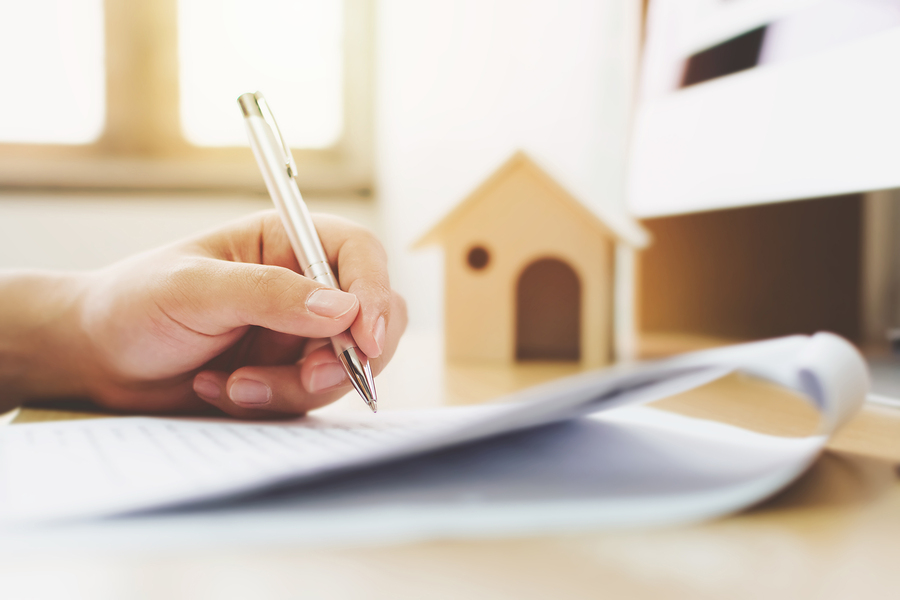How to Get Ready to Refinance Your Home

Refinancing can help homeowners reduce the amount of interest they pay, lower monthly mortgage payments, or take advantage of the equity in their home. However, refinancing may not be the best decision for every homeowner. The following guide can help you get ready to refinance your home.
Reasons to refinance
There are three major reasons to refinance: to take cash out, to lower payments, or to shorten the terms of the mortgage.
- Take cash out
Refinancing is a great way to take advantage of the equity you’ve built in your home. A cash out refinance allows homeowners to refinance for a higher amount than what is currently owed on the loan; the difference can be pocketed tax-free. The results from refinancing can be used to pay off other high interest loans, finance a home improvement, and more. Because mortgage rates are typically lower than other loans – and mortgage interest is tax deductible – this can be a good way to take advantage of the equity in your home.
- Lower payments
There are two ways it is possible to lower monthly payments by refinancing. The first is by refinancing with a lower interest rate. Interest rates are variable and tend to follow overall economic trends. If you purchased your home with a high interest rate, refinancing with a much lower rate can lower how much interest you’ll pay over the life of the loan – as well as lowering the monthly payments.
Refinancing can also be used to get rid of private mortgage insurance, or PMI. PMI is required for most traditional loans when the down payment was less than 20%. Refinancing once this amount has been paid towards the mortgage can eliminate the need for PMI and significantly reduce monthly payments.
- Shorten terms
Shortening the terms of a loan may increase each month’s mortgage payment – but significantly reduce how much interest is paid over the life of the loan. Because more each month is paid towards the principal of the loan versus interest, it also helps build equity in the home faster.
Homeowners with a $200,000 30-year loan at 3.5% interest would pay approximately $123,000 over the life of the loan. Cutting the terms of the loan in half to 15 years decreases the amount of interest paid to about $57,000.
Things to consider before refinancing
Refinancing is not a smart option for every homeowner. Consider these four things before refinancing your home.
- Credit score. Make sure your credit score is as good – or better – than it was when you applied for your mortgage. If your credit score has gone down you may not be able to refinance at a better rate.
- Current monthly payment. Refinancing can, in some cases, increase your monthly payment. Likewise, refinancing may not reduce your monthly payment by enough to be considered worthwhile.
- Home value. Lenders will not issue a mortgage for more than your home is worth. If home prices in your area are going down or the appraised value of your home is less than before, refinancing may be difficult.
- Debt to income ratio. Debt to income ratio, or DTI, shows lenders how much of your income goes towards paying off loans and other debt. Lending institutions are unlikely to refinance a mortgage if your DTI is higher than 50%.
by Author, Feb. 01, 2019